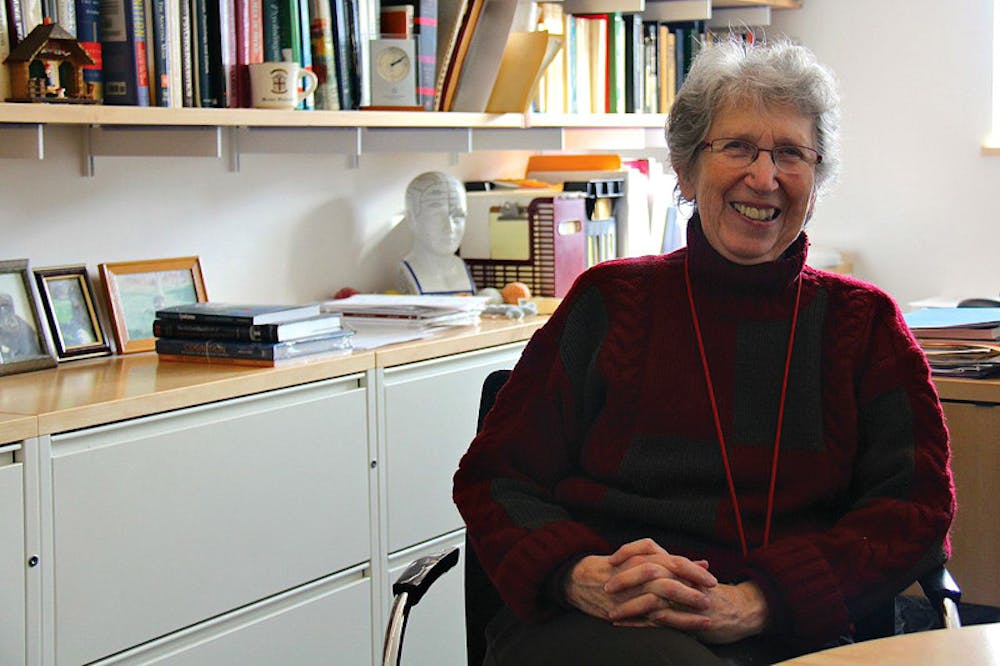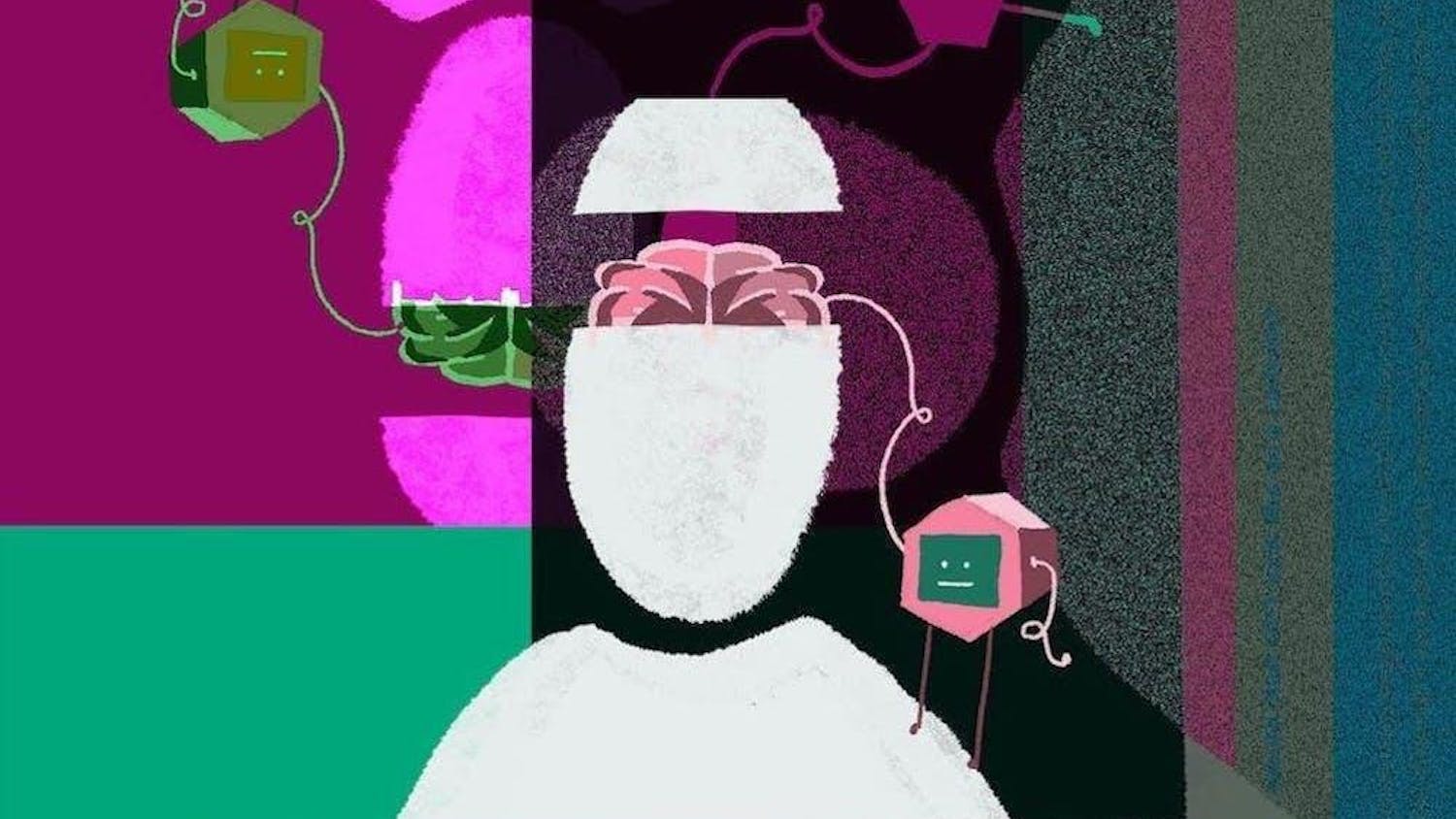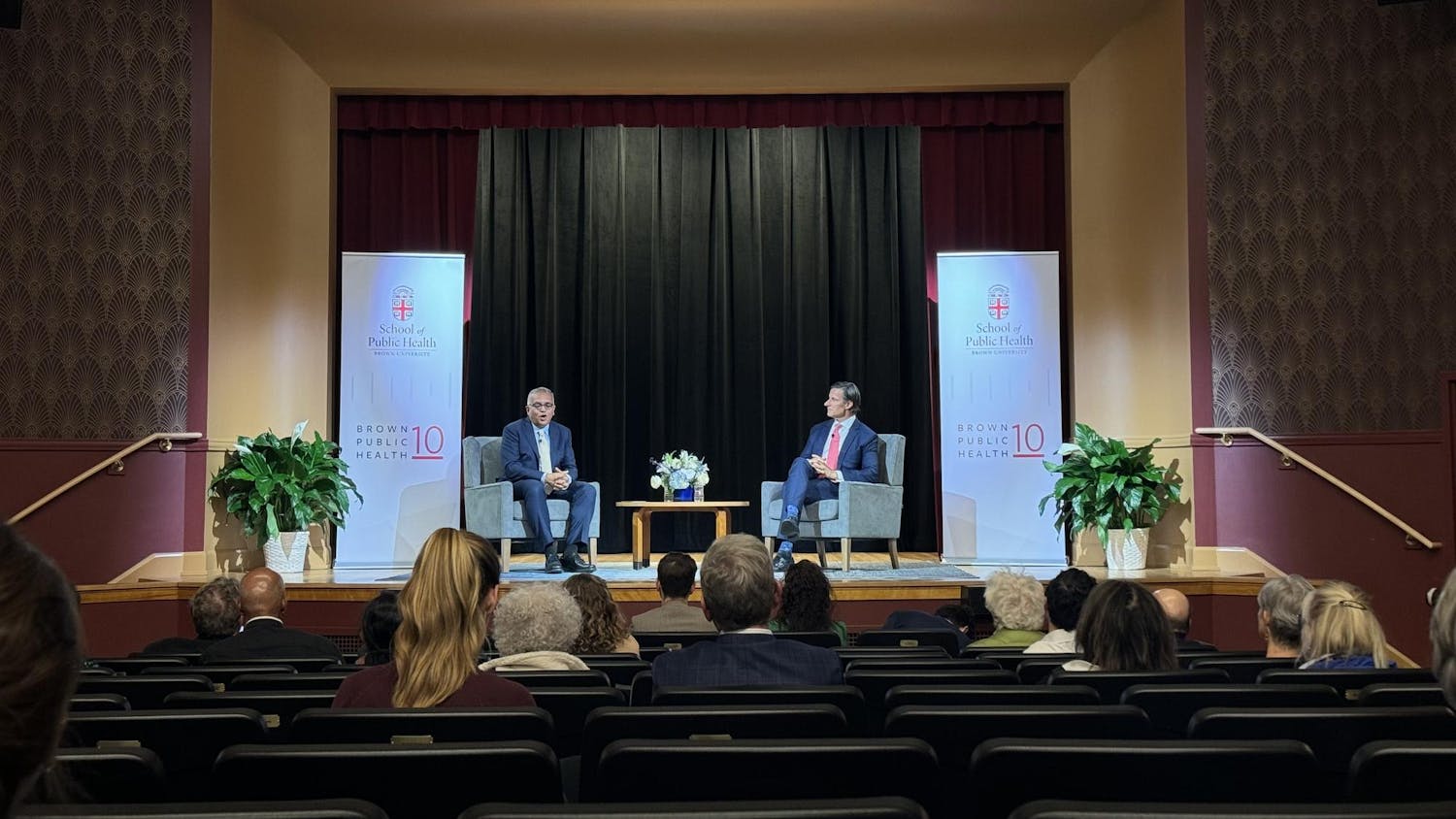Professor of Cognitive, Linguistic and Psychological Sciences Sheila Blumstein, who served in administrative roles including interim president, will enter a phased retirement effective July 1, Chair of the CLPS department William Heindel announced in an email to a CLPS listserv earlier this month. Blumstein became the first woman to lead the University in February 2000 following the departure of former President Gordon Gee. She stepped down July 2001 when her permanent replacement, former President Ruth Simmons, was selected.
Before Blumstein became interim president, she served as chair of the cognitive and linguistic sciences department, dean of the College and interim Provost.
Professor of CLPS Pauline Jacobson, who has worked with Blumstein since 1975, said she was “very effective” in her role as the University’s leader.
“She was interim president, so she couldn’t do what a regular president could do, which is to bring a whole vision and launch a whole program, but I think she was very well-loved,” Jacobson said.
“People were very appreciative of her stepping into the presidency when there was a sudden vacuum,” Jacobson said, adding that Blumstein “did a great job keeping things ordered and happy while a more permanent search was completed.”
Over the next three years, Blumstein said she will teach half of the standard number of courses and will no longer accept graduate students into her lab. Other details, such as her involvement in advising and University committees, are yet to be worked out, she added.
“Right now I work full blast six days a week, and frankly I don’t want to do that anymore,” she said. “It’s time to look at the world around me in addition to Brown.”
“It was a very heart-wrenching decision for me,” Blumstein said. “I’ve been at Brown since I was 26 — I came directly from graduate school. It’s been a lot of years, and I’ve done a lot of things. It’s really been a great trip, but I think it’s time to try something different.”
Blumstein said she plans on maintaining her ties to the University post-retirement. “Brown’s been my life. I certainly don’t see it not being a part of it” in the future, she said.
For example, Blumstein said if she continues to receive grant funding, she will continue to do research, and operate her lab, albeit on a smaller scale.
Eiling Yee PhD ’05, assistant professor of psychology at the University of Connecticut and a former graduate student in Blumstein’s lab, emphasized Blumstein’s warmth and humor.
Even after students have moved on from Brown, Blumstein continues to be “very supportive, protective and loyal,” Yee said.
“In the classroom, she was always very warm — surprisingly so for someone of her stature in her field,” Yee said. “In the lab, she was extremely encouraging. She always looked on the bright side and had something positive to say. She would always help you think about ways to explore questions to move on from something discouraging, and she was a great cheerleader.”
Emily Myers PhD ’06, assistant professor of speech, language and hearing sciences at the University of Connecticut and adjunct assistant professor of CLPS, was both a graduate student and a postdoctoral fellow in Blumstein’s lab. She and Blumstein continue to collaborate on both grants and research.
Myers said Blumstein’s mentorship has been a positive force in her career. “Whenever I have a tough question to deal with regarding a student or in research, I think ‘What would Sheila do?’ Even when she’s not physically in the room, I still have the sense that she’s guiding the process,” she said.
Blumstein deeply cares about her students’ success, Myers said. “She has very high standards for those students, but she also has incredible loyalty and forgiveness when things inevitably don’t go well.”
Blumstein is “the best mentor a young scientist could ask for,” Myers added.
A number of undergraduate research assistants have also worked in Blumstein’s lab.
“Her lab is definitely a teaching lab, so she’s always looking for new students to shadow her,” said Natalya Machado ’16, who began working in Blumstein’s lab during her sophomore year. “Sheila is incredibly available to students and helpful, and she just really wants undergrads to get the most out of lab.”
Jacobson cited Blumstein’s full office hours and years of teaching of CLPS 0020: “Approaches to the Mind: Introduction to Cognitive Science,” the department’s entry-level class, as evidence of her continued commitment to undergraduates. “She’s obviously totally dedicated to her students and spends a lot of time and energy on them.”
Blumstein is a reputed expert in neurolinguistics and speech processing. She has received many academic honors, including the Guggenheim Fellowship and the Claude Pepper Investigator Award. She is also a member of the American Academy of Arts and Sciences, the American Association for the Advancement of Science and a fellow of the American Philosophical Society, according to her University profile.





